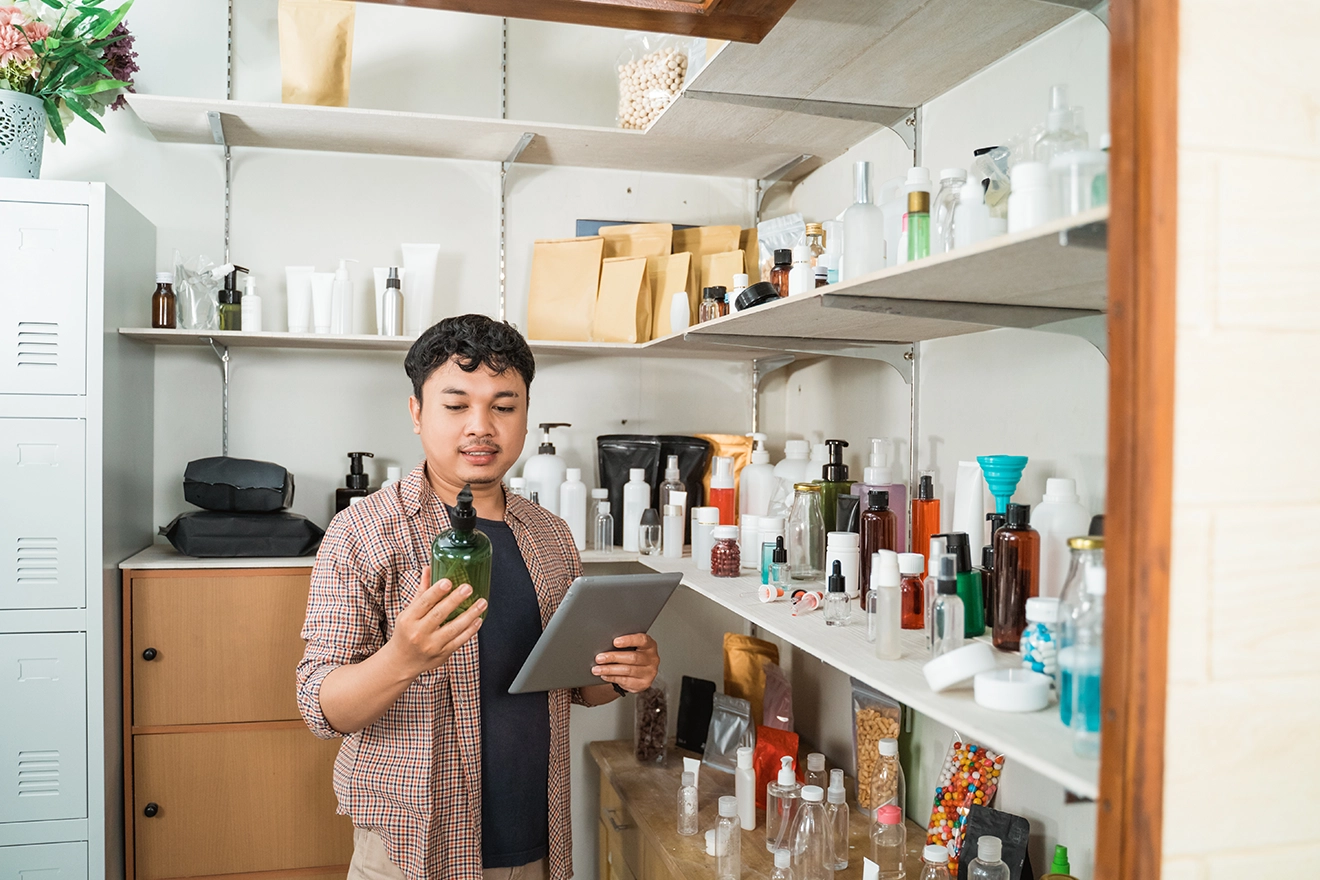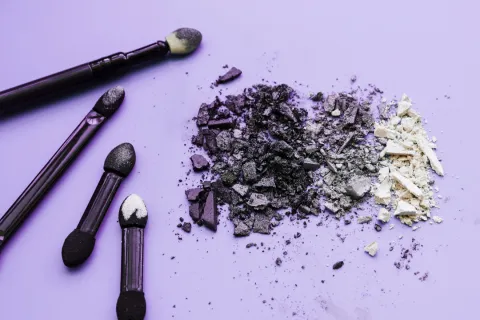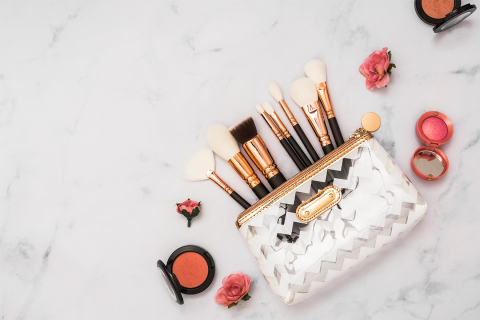
Saudi Arabia is a rapidly growing market for cosmetic products, fuelled by a population that values both beauty and personal care. However, the country has established specific regulations to ensure the safety, efficacy, and quality of cosmetic products entering the market. In this blog, we shall explore the Saudi Arabian Regulatory standards and their role in ensuring consumer safety and product quality.
SFDA Registration
The Saudi Food and Drug Authority (SFDA) is the Regulatory body responsible for overseeing the registration and regulation of cosmetic products in Saudi Arabia. All cosmetic products must be notified to the SFDA before they are imported, distributed, or sold in the country. The notification process involves submitting detailed information on the product, including its formulation, packaging, labeling, and safety data. Compliance with the SFDA's registration requirements is essential for businesses to legally market their cosmetic products in Saudi Arabia.
Restrictions on Ingredients
Saudi Arabia has specific regulations for the use of ingredients in cosmetic products. Certain substances are prohibited or restricted because they pose potential health risks or are culturally sensitive. It is, therefore, crucial that companies thoroughly review their product formulations and ensure compliance with the approved ingredient list provided by the SFDA. They must adhere to these restrictions to avoid Regulatory issues and ensure consumer safety.
Labeling and Language Requirements
In Saudi Arabia, cosmetic product labels must provide essential information in Arabic, which is the official language of the country. This information includes the product’s name, Instructions for Use (IFU), warnings, and precautions. Moreover, the label should be clear, legible, and indelible. Companies need to ensure that their labels meet the SFDA’s requirements, as accurate and comprehensible labeling enhances consumers’ understanding and ensures safety.
Halal Certification
In Saudi Arabia, where Islamic principles hold prime importance, there is a growing demand for Halal cosmetic products. While Halal certification is not mandatory, obtaining it can significantly enhance consumers’ trust in the product and facilitate market access. Businesses must follow specific guidelines and practices outlined by recognized Halal certification bodies to ensure that their products meet the requirements of Islamic law.
To conclude, having a deep understanding of cosmetic regulations in Saudi Arabia is imperative for companies seeking to succeed in this booming market. By collaborating with Regulatory experts and staying up to date, businesses can ensure a successful market entry and maintain ongoing compliance in the dynamic Saudi Arabian cosmetics industry.
If you want to market your cosmetic products in the Saudi market, partnering with an experienced service provider like Freyr can be the key to your success. With our expertise, we can help you navigate the complex Regulatory landscape and guide you effectively through all the challenges. Contact us today to take your cosmetics business to new heights in Saudi Arabia!









